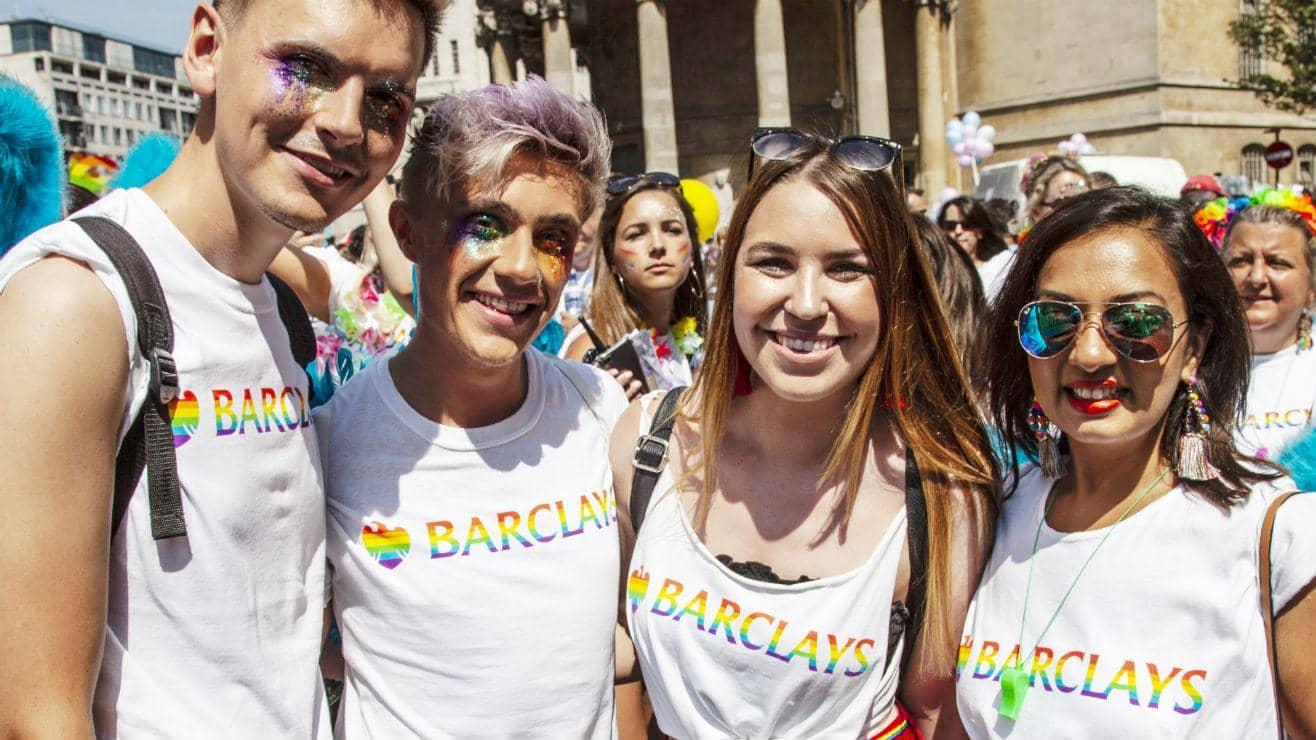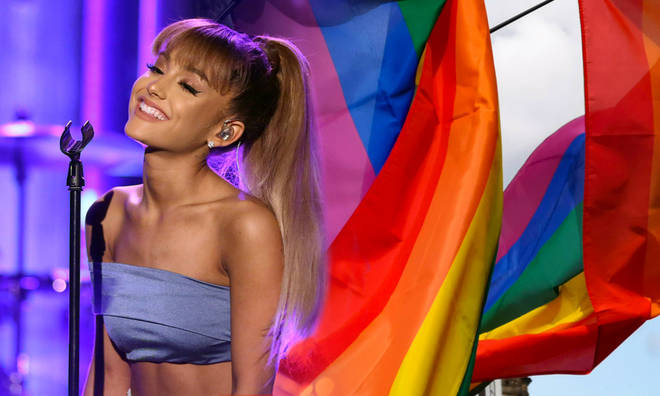Last week, Ariana Grande came under fire after it was announced she would be headlining this year’s Manchester Pride. It does, on the surface, seem to be a perfect fit; Grande has had a connection with the city since the tragic night her Manchester concert was attacked by a suicide bomber, killing 22, and from the star-studded charity concert she held afterwards. Beyond her connection with the city, the pop star also has a sizeable LGBTQ+ fanbase, heralded a “gay icon” by many.
Grande follows in the footsteps of the pop divas of old, putting out pop bangers in a moody, post-Lorde era of pop music. These divas and their unabashed expressions of femininity have always been embraced by mainstream gay men’s culture; Jesser St. John, an openly-gay singer-songwriter, said in an online podcast that “these women who express that divine feminity that we are supposed to be ashamed of, that’s why we latch onto it.”
But because it’s 2019 and things like this inevitably happen, it didn’t take long for the backlash to begin.
Grande, a straight woman, was accused of exploiting the gay community for personal gain. This backlash has merit; what message does it send to have the top billing at Pride, an event meant to celebrate the LGBTQ+ community, occupied by a cisgender straight woman? We’re in the tail end of the 2010s, and the progress we have made as a society means that there are an abundance of LGBTQ+ artists who could have been given top billing.
Grande follows in the footsteps of the pop divas of old, putting out pop bangers in a moody, post-Lorde era of pop music. These divas and their unabashed expressions of femininity have always been embraced by mainstream gay men’s culture
The issue is made more difficult by Pride’s weekend ticket prices. Last year, a ticket which covered the whole weekend’s events cost £28; this year, they cost £64.90 at minimum, going up to £74.50 at final release, representing a more than doubling of ticket prices. Some have argued that this constitutes an economic exploitation of LGBTQ+ fans on Grande’s part.
Yet it is hard for me to fully lay blame at Grande’s feet. She responded to these criticisms through a note on Twitter, saying that she intended to “celebrate [the LGBTQ+] community, regardless of my identity or how people label me.”
“lgbtq representation is incredibly important, and I’m always proud to share the stage with lgbtq artists!” she added. On the issue of ticket prices, Grande argued that “manchester pride sets those rates, and they’re mostly out of my control.”
Choosing such a big headliner also runs the risk of marginalising LGBTQ+ people at an event meant to celebrate them. As more straight people participate in Pride, the more LGBTQ+ people feel uncomfortable. After all, the most vulnerable among the community still face significant rejection amongst the general cis-hetero population; the 2018 British Attitudes Survey found that only 4 in 10 Britons were fully comfortable with a trans person working as a police officer or school teacher. Manchester Pride’s choice to have Grande headline seems like an attempt not to cater to LGBTQ+ people, but to increase ticket sales across all demographics.
And therein lies the problem: Manchester Pride. Over the past few years, the LGBTQ+ community in the UK has been raising concerns about the corporatisation of LGBTQ+ Pride events across the UK. Manchester Pride is promoted like any other big party, with LGBTQ+ motifs feeling like theming. It has, essentially, become another celebration for straight people to wear rainbow colours to and get drunk at.
Manchester Pride is promoted like any other big party, with LGBTQ+ motifs feeling like theming. It has, essentially, become another celebration for straight people to wear rainbow colours to and get drunk at.
With corporate sponsors rolling in – nearly every Pride event in the UK seems to have the big banks partaking in the parades – Pride events have lost their radical spark. They are safe, sanitised, and do not challenge the cis and heteronormative structures which still govern our society. LGBTQ+ youth are still more likely to experience homelessness than their cis, straight counterparts, whilst trans individuals are more likely to have experienced domestic abuse.

Manchester Pride’s website lists its mission statement as follows: “Manchester Pride campaigns for LGBT+ equality; celebrates LGBT+ life and creates opportunities that engage LGBT+ people so that they can thrive.” Yet their 2019 ticket prices and the choices they have made in running Pride events the past few years has made Pride less about the community and more about the money, pricing the community out of their own events.
This commercialisation of Pride has robbed it of all meaning it had left. It is why I cannot blame Grande here; she means well, and is trying to support her LGBTQ+ fans, though her efforts are myopic. The root of the problem is Pride itself, and is one we would do well to address.
Header image via Getty Images

